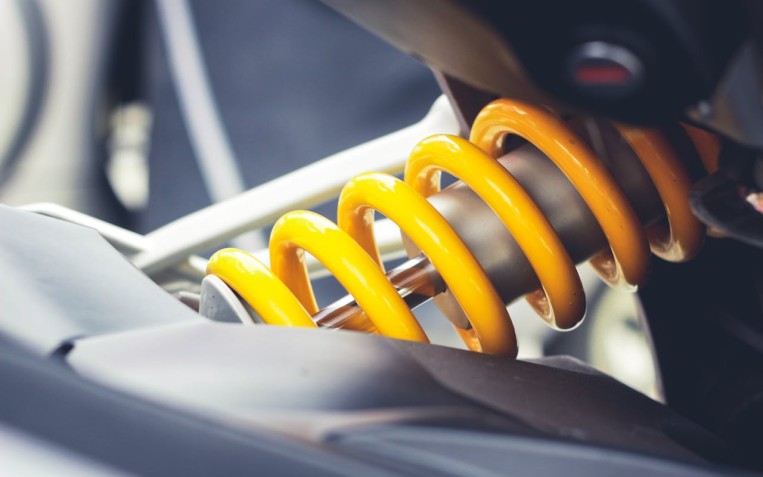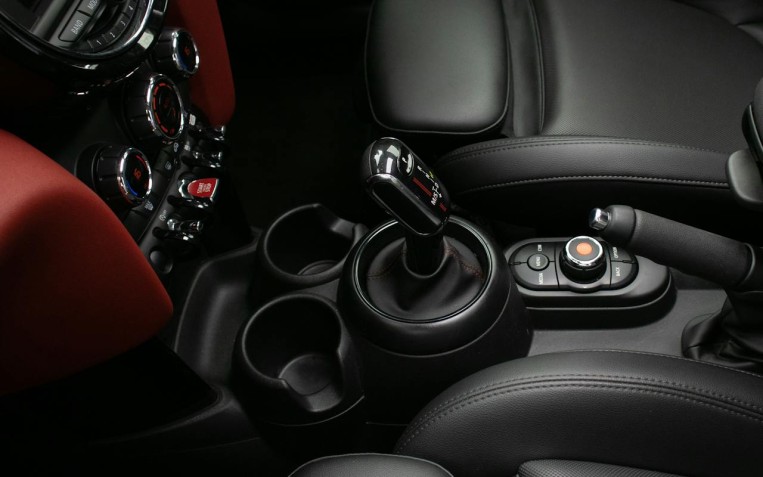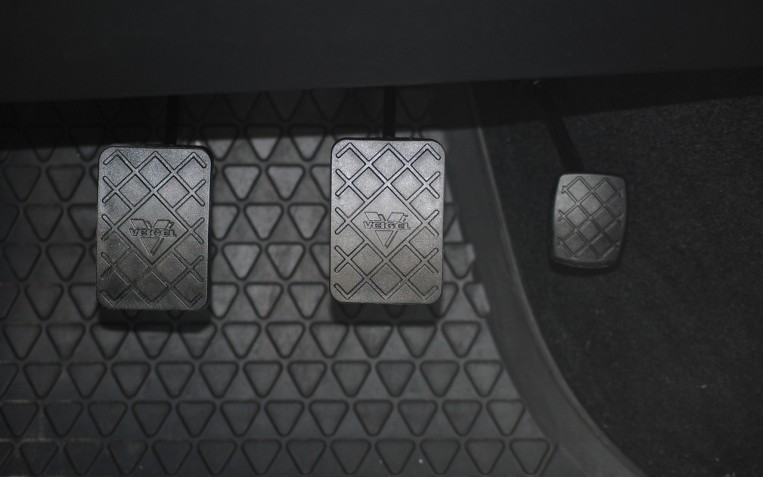Can you drive a car without tax?

What is vehicle tax?
Vehicle tax, also known as Vehicle Excise Duty (VED), is the official name for road tax, or car tax. As a driver in the UK, you are obliged to register for road tax on an annual basis. The cost of this is determined by what type of vehicle you have, whether it's a petrol, diesel or electric vehicle, and other factors such as exemption.
How long can you drive without road tax?
It is illegal to drive your car on a public road in the UK without having taxed your vehicle - so, the simple answer is, you can't drive without tax for any length of time. However, there are a few exceptions for various scenarios and payment exemptions when applying for road tax:
- MOT test - if you are driving your vehicle to a pre-arranged MOT test, you are able to drive this vehicle without road tax in this exception.
- Disability - you can claim disability exemption when you apply for vehicle tax. Learn more from GOV.uk.
- Electric vehicles - all zero emissions vehicles are exempt from road tax from April 2020. However, the electricity which powers your vehicle must come from an external source or an electric storage battery not connected to any source of power when the vehicle is moving in order to be exempt.
- Steam vehicles - these types of vehicles are exempt from paying road tax.
- Historic vehicles - vehicles made before 1st January 1981 are exempt from paying road tax.
- Agriculture, horticulture and forestry vehicles - this includes tractors, agricultural engines, light agricultural vehicles manufactured for off road use.
It should be highlighted that you must tax your vehicle, even if you do not have to pay. The above exemption cases allow owners of these vehicles to tax their vehicle for free. To learn more visit GOV.uk.
What happens if you drive without tax?
The penalty for driving without tax is £80 - you will receive this fine by letter to the address where your vehicle is registered. However, you can reduce this fee by 50% by paying within 28 days of receiving the letter. If you fail to pay the fine, this can increase to £1,000 if the case is then taken to court. It's common for your vehicle to also be clamped by the DVLA until the fine is paid.
Wondering how to know if your road tax is due? By using the GOV.uk vehicle tax checker, simply enter your registration details, and confirm your vehicle. This will then bring up details of when your car tax needs to be renewed, alongside more information such as MOT history.
Related Content

Should I have soft or stiff suspension springs for my vehicle?
Suspension springs are essential for maintaining your vehicle’s stability and ride height. Over time, the springs will succumb to wear and tear, which affects how your car handles, brakes and accelerates on the road. Discover whether you should...

What is engine braking?
Engine braking involves taking your foot off the accelerator pedal, allowing your car to slow down. Over time, the parts on your vehicle’s braki...

A guide to the different types of car clutches
The clutch is responsible for channelling the power from the engine, through to the gearbox, and the wheels. Your vehicle's clutch will differ dependi...

